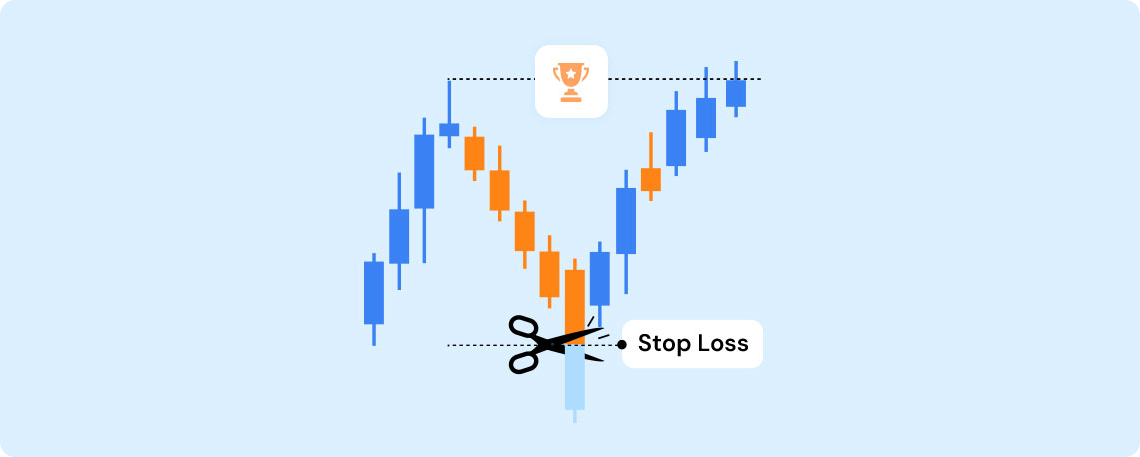The Trap of Too Much Information
September 25, 2025
|
The Trap of Too Much Information
September 25, 2025
|The stock market today is not just about buying and selling shares, it’s about surviving an endless stream of information. Every day, investors are bombarded with breaking news, stock tips, market “predictions,” and social media reels promising quick gains.
It’s not only the bad news that creates confusion. Positive news spreads even faster. Influencers on online platforms keep saying “this stock will become multibagger” or “don’t miss the rally.” These messages sound exciting, but they often push investors to act without proper thinking.
The truth is simple: no one can understand a company’s business, future prospects, or risks by watching a 10-second reel. Real investing requires time, patience, and research. If you want to grow wealth, you must learn to filter this flood of information and focus on what really matters—the fundamentals.
Why Too Much Information is a Problem
Not long ago, investors had very little access to data. To get company details, you had to wait for reports or depend on your broker. Today, the problem has reversed—we are drowning in information.
- Financial news channels run round the clock.
- Social media is filled with stock predictions.
- WhatsApp groups circulate “inside tips.”
- Influencers post short videos just to get likes and comments.
This creates information overload. Instead of helping you, too much data leads to:
- Confusion: You don’t know which news matters and which doesn’t.
- Fear: Every negative update makes you want to sell.
- Greed: Every positive tip makes you want to buy immediately.
The result is impulsive decisions that hurt long-term wealth.
How to Protect Yourself from Information Overload
The good news is, you can protect yourself with a few practical strategies. Think of these as tools that will help you cut through the noise.
1. Write Down Your Investment Reason
Before you buy anything, write down why you are buying it. This should include:
- The business model you believe in.
- The long-term opportunity you see.
- The financial strength of the company or fund.
Keep this note simple, clear, and in your own words. When the market makes you feel nervous or when a new influencer reel tempts you, read your note again. If the reason you invested is still valid, ignore the noise and stay invested.
Tip: Maintain a small notebook or even a note on your phone called “My Investment Reasons.”
2. Fix a Review Calendar
Do not check your portfolio daily. Prices move every minute, but businesses don’t change every minute.
- Review your investments once every three months, when companies release results.
- At that time, check if your original reasons are still intact.
- If nothing has changed, continue holding.
This will save you from making rash decisions based on temporary ups and downs.
3. Limit Your Information Sources
Not all information is useful. You don’t need to follow 50 channels, 100 reels, and every WhatsApp group.
Choose 2–3 reliable sources that provide thoughtful analysis, not entertainment. Avoid influencers who shout “Buy now!” or “This stock is a rocket.” Remember: their goal is engagement, not your wealth.
Tip: For every new “tip” you hear, ask yourself—who benefits if I act on this? If it’s the influencer and not you, ignore it.
4. Slow Down Your Decisions
The faster you decide, the more likely you are to make mistakes. If you hear a stock idea today, do not buy it immediately. Give yourself at least 24–48 hours before acting.
Use that time to:
- Read the company’s website.
- Look at the last two years of financial results.
- Understand what industry it belongs to and the risks it faces.
This small delay will save you from acting on hype and help you decide more rationally.
5. Focus on Long-Term Trends, Not Daily News
Daily news is full of drama: elections, interest rates, global conflicts, or small changes in company profits. While these events create noise in the short term, long-term trends are what matter.
For example:
- India’s growing middle class will drive consumption for decades.
- Rising digital adoption will support financial services and technology.
- Infrastructure growth will create opportunities across sectors.
If you focus on such large, slow-moving trends, daily headlines will not bother you as much.
6. Use Systematic Investing
One of the best ways to protect yourself from overload is to invest systematically. Accumulate stocks, diversify well across sectors keeping proper allocation in mind.
When you invest properly:
- You don’t need to worry about timing the market.
- You automatically buy at different price levels.
- You reduce the temptation to chase “hot tips.”
7. Learn to Say “No”
This is perhaps the most powerful tool. Learn to ignore.
- Ignore reels that promise overnight riches.
- Ignore WhatsApp forwards with “inside news.”
- Ignore panic-driven headlines.
Your wealth grows when you say “yes” to patience and “no” to unnecessary noise.
Final Thought: Clear Thinking Wins
The information you consume shapes your thoughts, and your thoughts shape your actions. If you fill your mind with endless reels and updates, your decisions will also be endless—and often wrong.
But if you consume carefully, think calmly, and act slowly, your investments will work for you.
Investing is not about being the fastest to react. It’s about being the clearest to think. Block out the noise, focus on your reasons, review with discipline, and allow time to do its magic.












